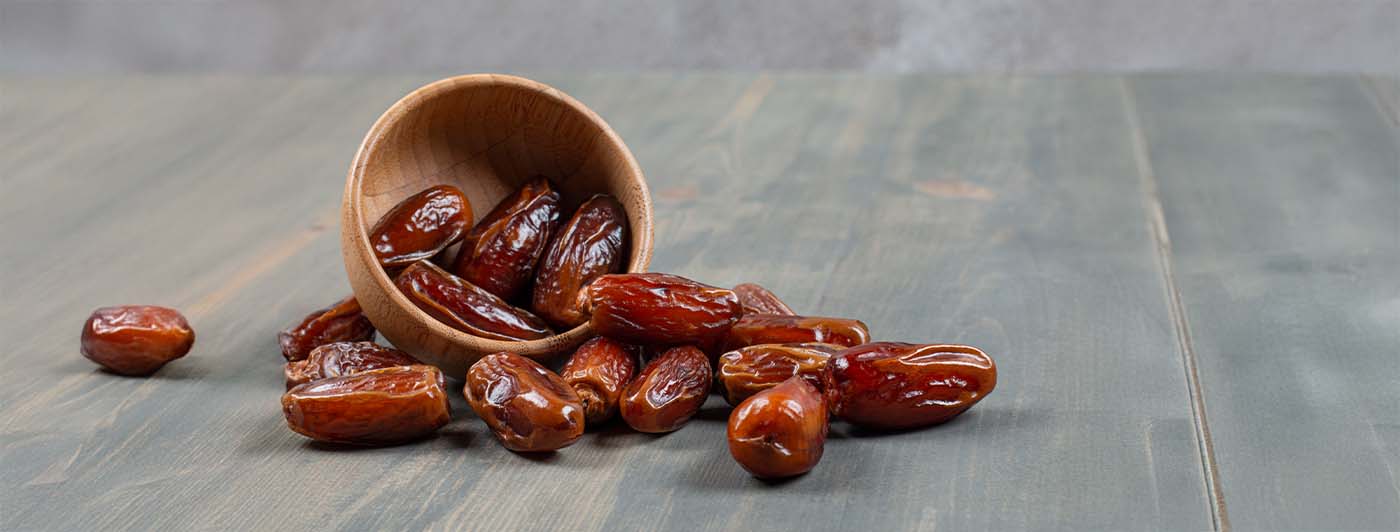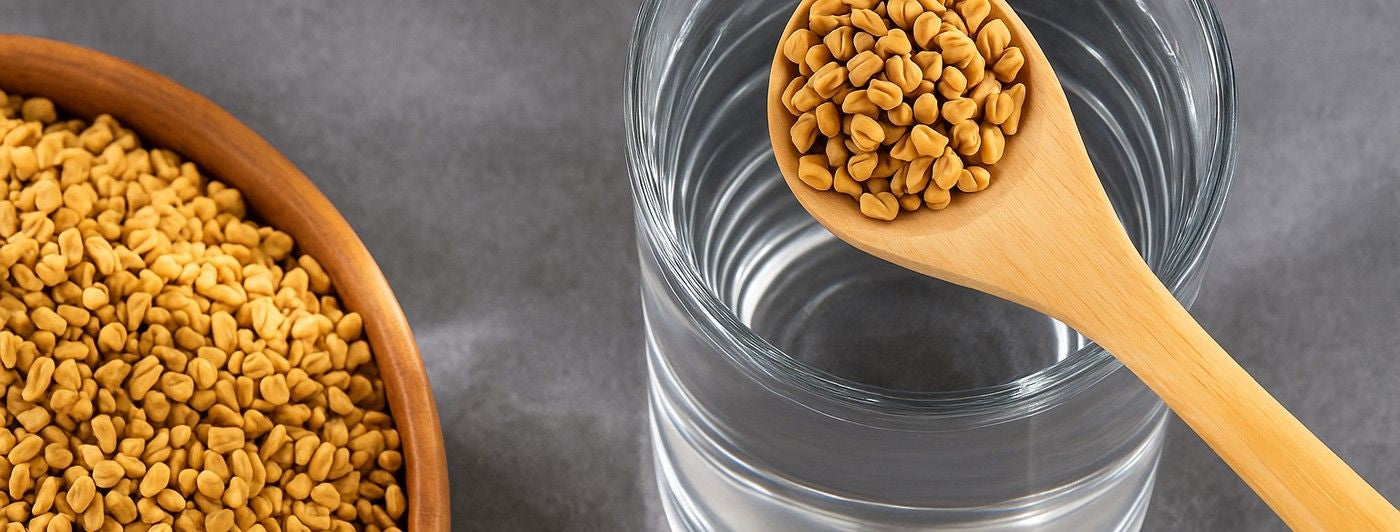Craving something sweet during pregnancy but still want it to be nourishing? Dates might be your perfect answer.
Pregnancy is a time when every bite you eat matters — not just for your health, but also for the growth and well-being of your baby. Among the many nutritious foods you can add to your diet, dates during pregnancy have gained special attention. Packed with essential vitamins, minerals, fiber, natural sugars, and even a touch of plant protein, dates are not only delicious but also bring numerous health benefits for expectant mothers.
In this blog, we’ll explore the 10 amazing benefits of eating dates during pregnancy, supported by nutrition science and tradition, while also addressing common questions about diet during this important phase.
Why Are Dates During Pregnancy Highly Recommended?
Dates are naturally rich in glucose, fructose, and sucrose, which provide quick yet stable energy. They also supply potassium, magnesium, iron, and folate — nutrients that directly support fetal development, maternal blood health, and neuromuscular balance. Unlike refined sugars, the carbohydrate profile of dates comes with fiber and micronutrients, making them a wholesome energy source.
Adding dates during pregnancy to your diet ensures a natural, functional way to improve both stamina and overall maternal nutrition.
1. Natural Energy Booster
Pregnancy often brings waves of fatigue due to increased metabolic demand and hormonal changes. The simple sugars in dates are rapidly metabolized into energy, but because they are paired with fiber and potassium, the energy release is more sustained compared to processed sweets.
This makes dates during pregnancy a perfect choice for combating exhaustion, especially in the third trimester when energy requirements peak.
2. Rich Source of Fiber
Constipation, driven by elevated progesterone and iron supplementation, is one of the most common complaints during pregnancy. Dates, with their high soluble fiber content, improve intestinal motility, stool consistency, and microbiome health.
This not only prevents discomfort but also contributes to satiety, helping expectant mothers avoid unnecessary weight gain. As a comparison, you may wonder, are nuts high in fiber? Yes — nuts, like dates, are also excellent gut-friendly options.
3. Packed With Essential Nutrients
Dates contain an impressive mix of folate, iron, potassium, magnesium, and trace minerals.
-
Folate helps prevent neural tube defects.
-
Iron supports hemoglobin production and oxygen transport.
-
Potassium and magnesium regulate fluid balance, muscle contraction, and nerve signaling.
These nutrients make dates a compact prenatal supplement from nature. For balance, pair them with sources of vitamin D such as sunlight or fortified foods, and fruits like oranges or kiwi if you’re asking what contains vitamin C.
4. Promotes Natural Labor
Clinical studies suggest that consuming dates during pregnancy from week 36 onwards may promote cervical ripening, increase oxytocin receptor sensitivity, and reduce the need for induction.
Women who included dates in their last trimester diets often experienced shorter first stages of labor and higher rates of spontaneous delivery, pointing to a possible bioactive role of dates in natural birth preparation.
5. Supports Bone and Teeth Development in Baby
The mineral profile of dates — calcium, magnesium, and phosphorus — plays a central role in fetal skeletal development and dental formation. Magnesium also protects mothers from gestational hypertension and preeclampsia by modulating vascular tone.
Thus, a handful of dates during pregnancy contributes to laying strong foundations for both bone density and cardiovascular health.
6. Improves Hemoglobin Levels
Anemia during pregnancy can impair oxygen delivery to both mother and baby. Dates contain natural iron that helps improve hemoglobin synthesis. When paired with vitamin C–rich foods, iron absorption is significantly enhanced, making dates a functional part of an anti-anemia strategy.
This is why dates during pregnancy are best consumed alongside fruits like oranges or berries, rather than in isolation.
7. Helps Manage Weight in a Healthy Way
Despite their sweetness, dates have a low to moderate glycemic index, meaning they do not cause steep spikes in blood sugar. Fiber slows glucose absorption, making dates a safe energy source in moderation.
For expectant mothers concerned about weight gain, dates act as a natural appetite regulator. While many women consider weight loss powder for female before pregnancy, during gestation, whole foods like dates provide nourishment without risk.
8. Enhances Brain Development of the Fetus
Dates supply vitamin B6 and choline, both essential for neurodevelopment. Vitamin B6 supports neurotransmitter synthesis, while choline plays a direct role in memory and learning functions.
Including dates during pregnancy may therefore support fetal brain development and long-term cognitive health. To optimize overall growth, tools like a protein intake calculator can ensure you’re also hitting your protein goals.
9. A Natural Pre-Workout Fuel for Expectant Moms
For women maintaining light physical activity such as yoga, walking, or swimming, dates serve as an ideal best pre workout food. Their carbohydrate load quickly replenishes glycogen stores, while potassium prevents muscle cramps.
Think of dates during pregnancy as nature’s clean version of an energy gel — portable, effective, and chemical-free.
10. Easy to Add Into Daily Meals
Dates are incredibly versatile and adapt well to different cuisines. You can:
-
Blend them into smoothies.
-
Chop into oatmeal or yogurt bowls.
-
Stuff them with nuts for a fiber–protein snack.
Pairing dates with a scoop of plant based protein powder in a shake balances carbohydrates with protein, supporting steady energy and tissue repair for mother and baby.
Bonus: Broader Nutrition Connections

-
Dates complement other top 10 protein foods like legumes and whole grains.
-
Pairing them with a simple chapati adds balance: while 1 roti protein content may be modest, the combination with dates plus a protein-rich curry makes it a complete meal.
-
For plant-forward mothers, incorporating plant protein and even the best plant based protein ensures macronutrient adequacy alongside the micronutrient benefits of dates.
How Many Dates During Pregnancy Are Safe?
Most experts recommend 4–6 dates daily in the last trimester to gain both nutritional and labor benefits. This amount provides extra calories (about 250–300 kcal), fiber, and key minerals without overloading on sugar.
Studies have also shown that women who consumed 6 dates per day from week 36 experienced smoother cervical dilation and a reduced need for induced labor. Since dates have a low-to-moderate glycemic index, they don’t cause sharp spikes in blood sugar when eaten in moderation.
Final Thoughts
Adding dates during pregnancy to your daily meals is a scientifically backed, natural way to strengthen maternal nutrition and support fetal health. From easing digestion to enhancing hemoglobin, supporting bone and brain development, and even assisting in labor, dates provide an exceptional nutrient package.
When combined with proteins, vitamins, and other whole foods — for example, blending dates into a smoothie with Plantigo’s clean plant protein — they transform from just a sweet snack into a functional prenatal superfood that fuels both mother and baby.
So next time you’re reaching for a snack, make it a date — literally!
FAQs About Dates During Pregnancy
Q1: Can eating dates cause gestational diabetes?
Not in moderation. Dates have a relatively low glycemic index. Women with diabetes should monitor intake and consult their doctor.
Q2: Which variety of dates is best?
Medjool and Deglet Noor are nutrient-dense and widely studied in pregnancy research.
Q3: When should I start eating them for labor benefits?
From week 36 onwards, studies suggest optimal results for promoting natural labor.
Q4: How many dates should I eat per day?
Most nutritionists recommend 4–6 dates daily during the later stages of pregnancy. This provides adequate nutrients and energy without overloading on natural sugars.
Q5: Are dates safe to eat in the first trimester?
Yes, dates are safe throughout pregnancy. In the first trimester, their iron, folate, and fiber support early fetal development and digestion. However, moderation is key, especially for women experiencing severe nausea or high blood sugar concerns.












